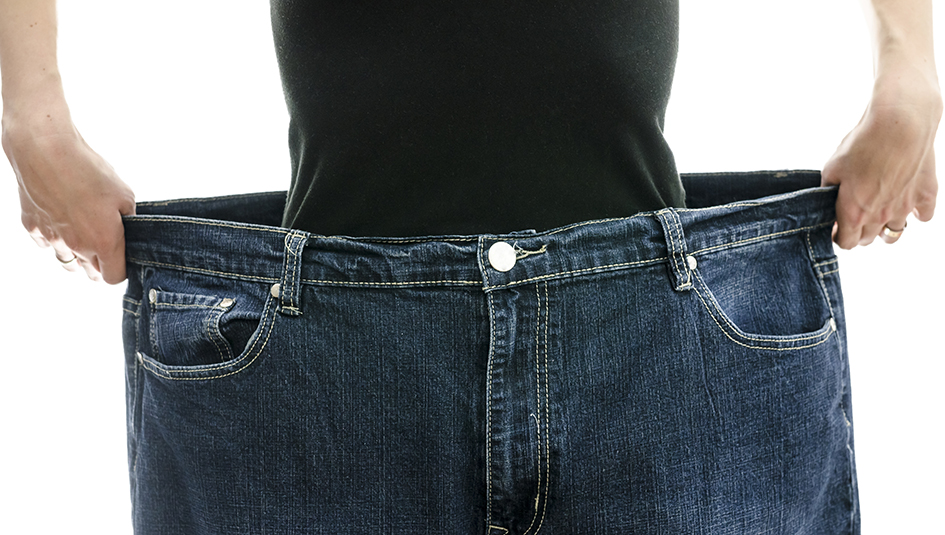The NFL and Your Fantasy Waistline

There’s a new reason to hope your football team does well on Sunday: your waistline.
A new study reveals that saturated fat consumption increases by 16% the day after a city’s NFL team loses, and decreases by 9% after the local team wins. Calorie consumption also climbs 10% the day after a local team’s defeat, and falls by 5% after a win. Researchers believe the unhealthy eating trend is a form of self-medication to deal with the emotional aftermath of a vicarious defeat. A victory, on the other hand, allows the fan more ability to look hopefully toward the future, a perspective that is essential for healthy eating.
For this study, researchers at the French business school INSEAD tracked the eating habits of 726 individuals in major U.S. cities, asking them to keep a food diet for two 14-day periods in a year. They then focused on what the participants ate on Sunday, Monday, and Tuesday, and matched it against NFL results for Sunday games. The researchers found a clear connection between calorie/saturated fat consumption on Monday and a local team’s fate on Sunday. The survey found no difference in diet for those who lived in cities without an NFL team or whose team wasn’t playing on Sunday. The researchers backed up this data with a similar survey of soccer fans in France.
The study is part of growing evidence that sports fans truly live and die by the fortunes of their home team. Previous studies have suggested a link between diet and sports wins and losses, and there has been evidence that testosterone levels rise with victories and fall with defeats. Studies also have shown that cardiac incidents also increase after a favored team’s loss.
The researchers found that certain defeats and certain victories had more effect on diet than others. If an NFL home team suffers a narrow defeat on Sunday, it leads to more unhealthy eating than a blowout loss. Also, a big victory made for healthier eating on Monday than winning by a squeaker. In addition, the researchers found that watching the game after the fact could affect diet just as much as watching it in real time, which means diets may even be affected by an ESPN Sportscenter highlight reel.
This was not just a male phenomenon, the study found. Women also were deeply affected by this eating trend, even though they didn’t identify as strongly with their local teams. The researchers speculated this was because women tend to be, on the whole, more emotional eaters than men.
Does this mean your diet is doomed to defeat if your NFL team goes 0-16? No, there is an anecdote in self-affirmation, according to the study. The researchers asked French soccer fans who watched a bitter World Cup defeat to make a list of personal values and write a few sentences about why they root for their favorite team. For control, other participants were asked to list the attributes of a chair. The researchers then showed both groups pictures of food and asked participants to rate what they most would like to eat. The researchers found that the exercise of self-affirmation wiped out the tendency to want to eat more unhealthy foods after witnessing a favorite team’s demise.
So after a bitter NFL defeat on Sunday, it might be best to wake up on Monday and make a list of why you still love your favorite team…and why, after all, it’s only a game.





